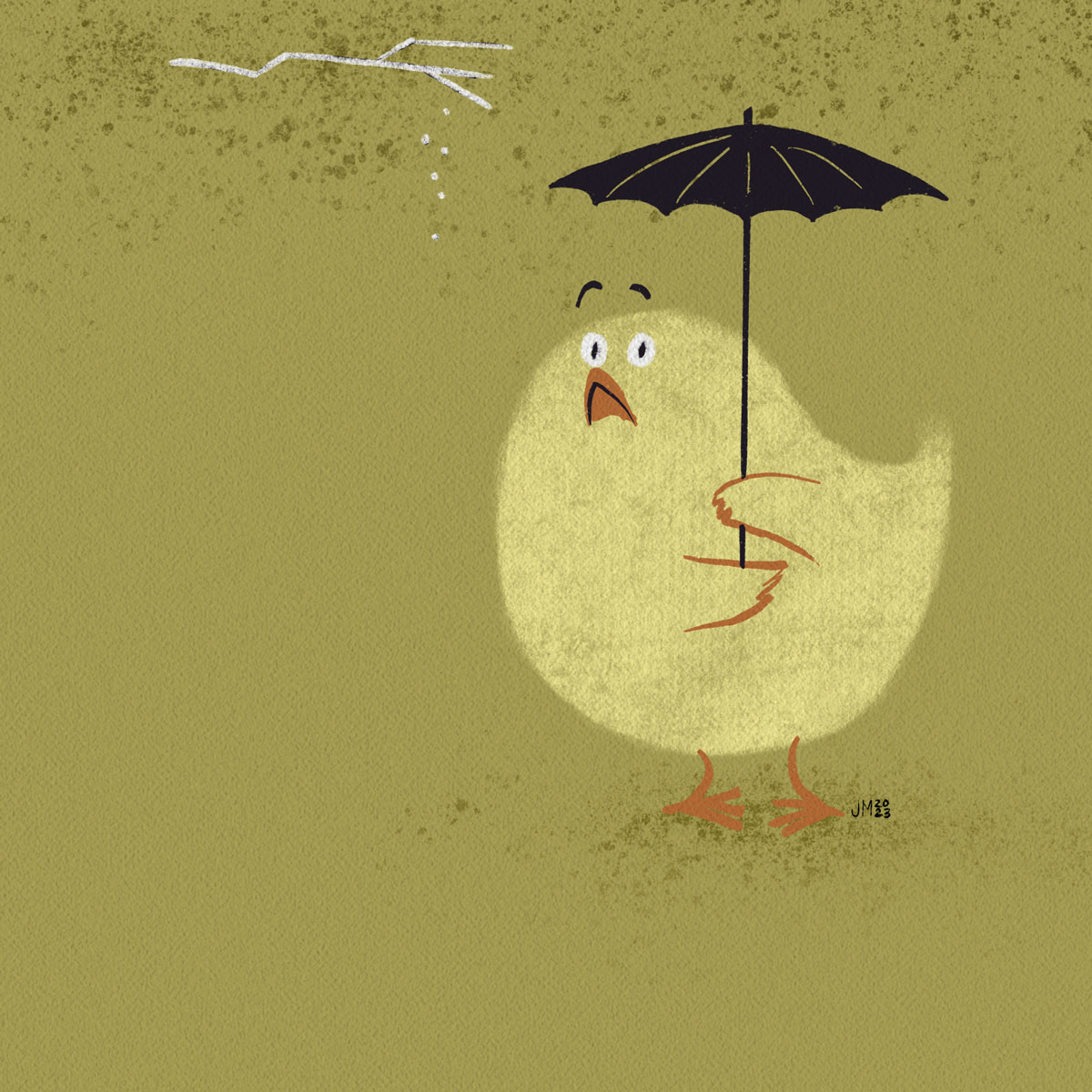How to stop catastrophizing when you feel as if your world is caving in.
For those of us living with anxiety or depression, it’s easy to mistake a small threat for a looming disaster. The resulting vortex of thoughts and emotions can feel exhausting and downright painful! Read on for tips to halt the spiral and stop catastrophizing.
Do your worries often spin out of control? Does one small incident lead to thoughts of doom, as if everything you hold dear is about to fall apart?
Maybe your partner is late coming home from work and it’s raining. Hmm, it’s dark and the roads are slick… What if a car crashed into them? Irrational thoughts spin furiously through your mind and your body tenses with fear. Within the space of a few minutes, you go from noticing that your partner is late to imagining a terrible future without them.
When your partner finally walks through the door, smiling and completely unaware of the agony you’ve just endured, you feel silly (and very relieved).
Whew, what a ride! What a waste of time and energy! Relate much?

What it means to catastrophize
When we catastrophize, we greatly exaggerate the importance of something small or trivial. Cognitive psychologist Albert Ellis first coined the term and described it as “an irrationally negative forecast of future events.”
Catastrophic thinking shares similarities with anxiety but also an important difference. Anxiety can be rational, catastrophic thinking is not.
Why we catastrophize
While there’s little agreement within the scientific community about what causes catastrophic thinking (or even what it is), it’s a type of cognitive distortion that often occurs in people struggling with anxiety, depression, trauma histories, or chronic pain.
Unfortunately, catastrophic thinking comes at a price. Not only is it exhausting and distressing, but it may also make us more vulnerable to mental health issues including PTSD and OCD [1]. Research shows that it can even exacerbate sensations of physical pain.
The good news is that you can learn to recognize your catastrophic thought spirals and take steps to shut them down. Like any new endeavor, it may feel challenging at first, but it does get easier with practice.
Tips to stop catastrophizing
1. Recognize that you’re doing it.
This may sound obvious, but in the moment it’s easy to get swept up in fear and start spiraling without realizing what you’re doing.
When you notice anxious thoughts intensifying, write them down or say them aloud. Be specific.
- What are you worried about?
- What do you think might happen?
2. Examine your thoughts.
- How reasonable are they?
- How likely are they to happen?
- What evidence do you have?
- Has this situation happened before? What was the outcome?
3. Create distance from your thoughts.
Once you recognize that you’re caught up in catastrophic thinking, it can be helpful to say “Stop” aloud. This may disrupt the pattern of your repetitive thoughts.
If the thoughts keep coming back, distract yourself by engaging in a therapeutic activity. You might try one of these:
Engage your senses
- Take a shower
- Go for a run around the block
- Press an ice pack to the area around your eyes
- Dance to your favorite song
Call a friend
Talking about your worries with someone may help you see how unlikely they are and help you move past them. Just be careful not to call the friend who also catastrophizes.
Practice guided meditation
You can listen to a series of short, guided meditations read by US Surgeon General Dr. Vivek Murthy here.
Leaves on a Stream is a visualization exercise designed to help you let go of distressing thoughts by observing and accepting them without judgment. You can listen to this guided meditation produced by Piedmont Heart Institute here.
Play a game
Pick something engaging but also soothing. This might not be the best time to fight zombies.
Next Steps
If you often struggle with catastrophic thoughts, you might benefit from cognitive behavioral therapy (CBT). CBT teaches you to examine distressing thoughts and judge how reasonable they are based on evidence and your past experience. It’s a short-term, structured therapy that gives you tools to more effectively manage issues related to depression, anxiety, and other forms of emotional distress.
If you or someone you love would benefit from talking to a mental health provider in Tennessee, contact Athena Care.
One of our Care Coordinators will help you get the care you need.

Rachel Swan, MS
Editor
Rachel has a Masters of Science in Clinical Psychology from Vanderbilt University, where she spent 16 years as a Research Analyst in the Psychology and Human Development Department.


